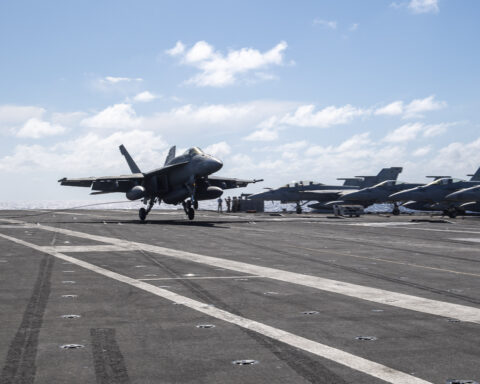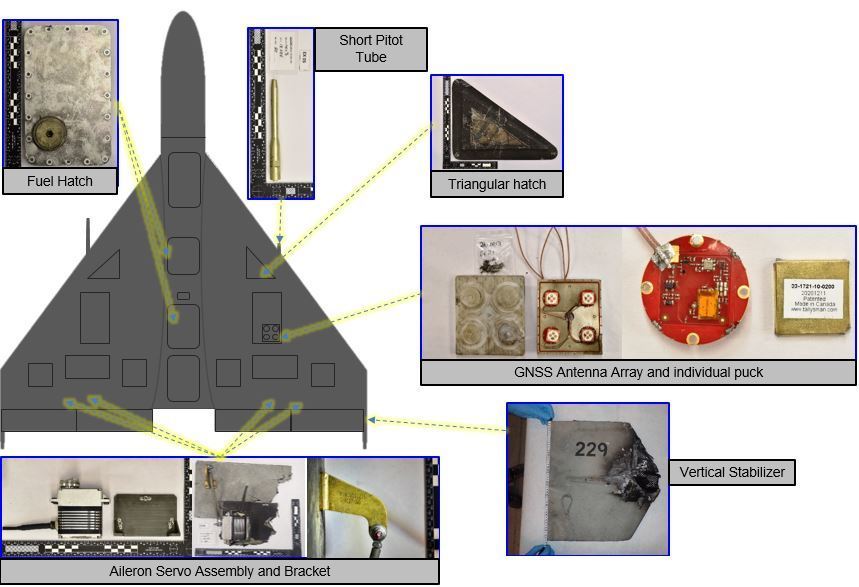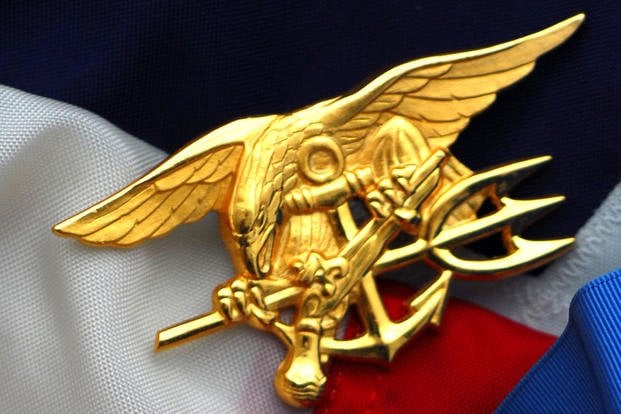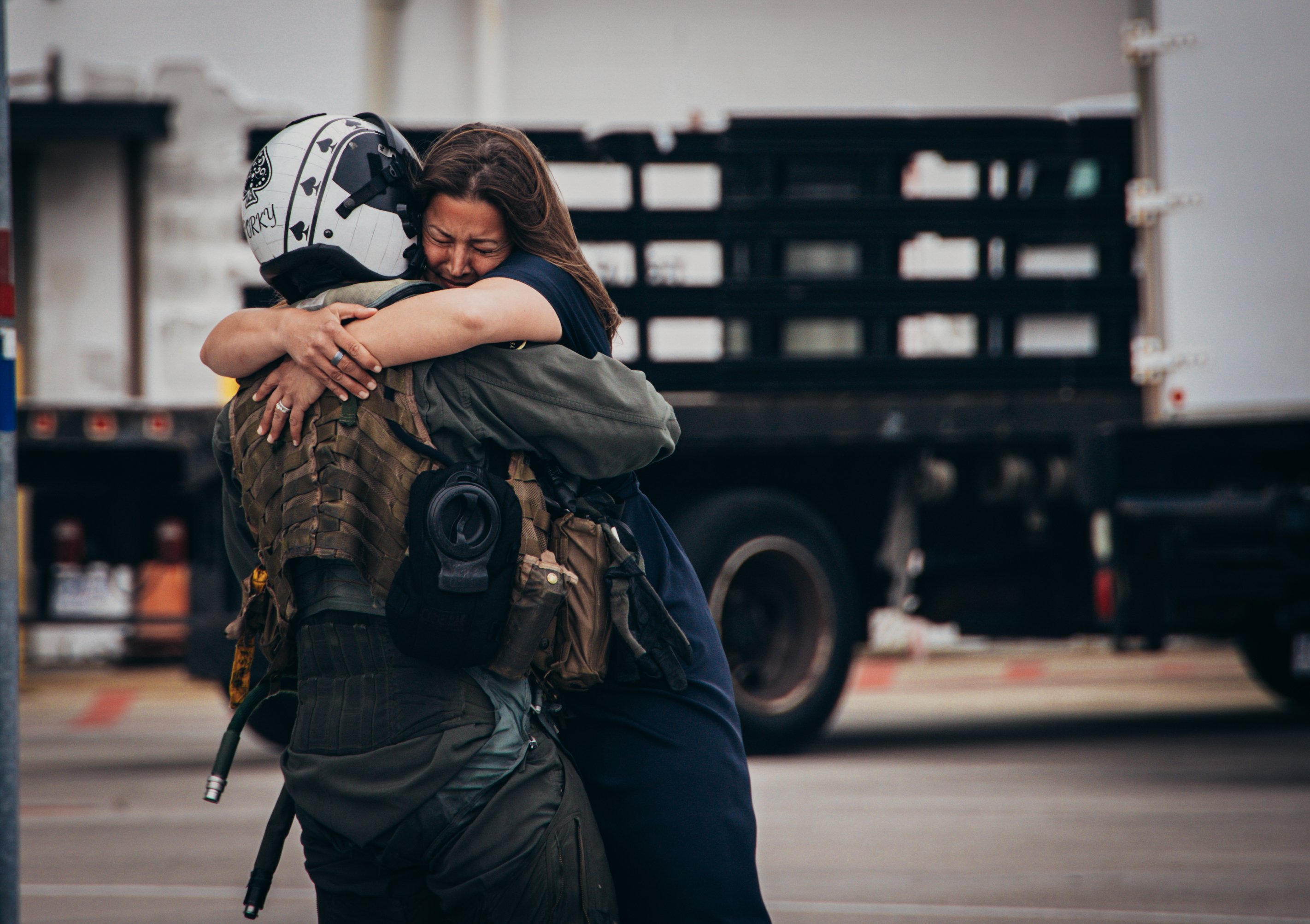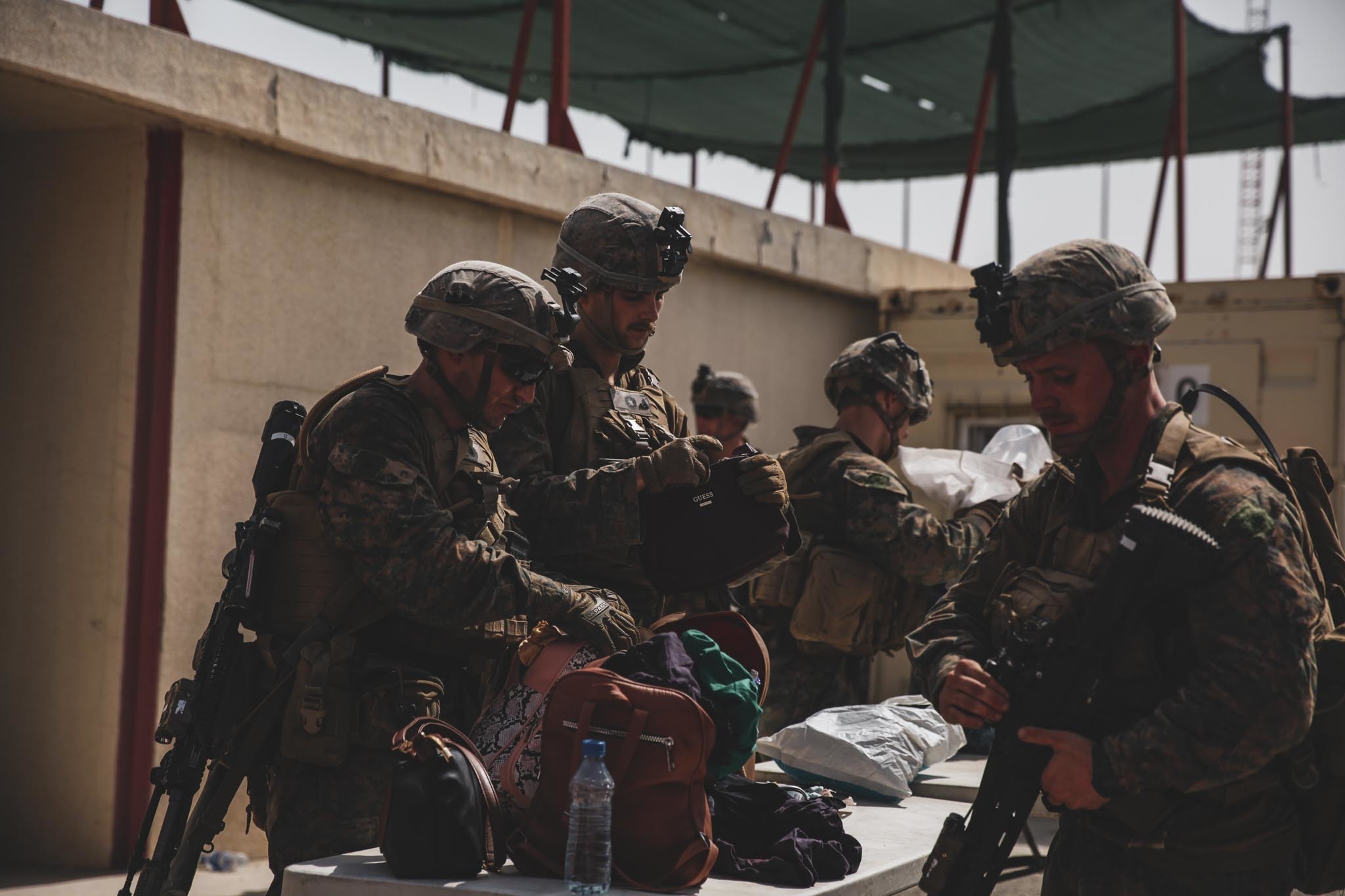
Troops from NATO member states, including the U.S., U.K. and France, are all working in Kabul to remove citizens and Afghans eligible for resettlement out of the country. But there isn’t a coordinated effort between the allies to communicate with the Taliban or ensure people get to the Hamid Karzai International Airport safely, Pentagon officials acknowledged on Thursday.
Rear Adm. Peter Vasely, commander of the 5,200 U.S. forces in Afghanistan, is in contact with the Taliban several times a day as part of the unnamed U.S. non-combatant evacuation operation that started earlier this week, but not coordinating U.S. communications with other countries, Pentagon spokesman John Kirby told USNI News on Thursday during a press briefing.
The talks happen “several times a day, to affect [the] smooth as possible movement through the checkpoints, I know of no effort to combine these conversations with respect to some sort of coalition effort,” Kirby said.
Taliban fighters have set up a series of checkpoints on roads leading up to the airport to the north of Kabul, where people eligible for safe passage under a deal worked out between the U.S. and Taliban leaders is not being honored, according to several reports from on the scene.
“There have been instances where we have received reports of people being turned away or pushed back, or even beaten. We are taking that up in a channel with the Taliban to try to resolve those issues,” National Security Advisor Jake Sullivan told reporters earlier this week.
On Thursday, Kirby said, “we obviously don’t have perfect visibility into what is going on outside the airport. So I can’t say definitively that they aren’t stopping harassing people with U.S. passports or visas.”
On Friday, NATO ministers called on the Taliban to continue to allow safe passage for evacuees.
“We call on those in positions of authority in Afghanistan to respect and facilitate their safe and orderly departure, including through Hamid Karzai International Airport in Kabul. As long as evacuation operations continue, we will maintain our close operational coordination through allied military means at Hamid Karzai International Airport,” reads a statement from a foreign minister’s meeting on Friday.
NATO has 800 personnel at HKIA to help with the logistics behind the evacuation but not in getting people to the airport.
While President Biden said troops would stay in Kabul until every American who wanted to leave got a flight out, U.S. allies are worried that troops could leave sooner.
U.K. officials told The Guardian that the worry is U.S. forces could leave and the British Army contingent is unable to secure the airport.
The U.K. has dispatched 900 troops from the British Army’s 16 Air Assault Brigade as a separate military force to collect British citizens and Afghan allies as part of its Operation Pitting.
The U.K. and British forces are not in communication with the Taliban, are not a party to the U.S. deal with the Taliban to evacuate and have to rely on “uncomfortable intermediaries” to coordinate movements, according to a report in The Guardian. This week, the Royal Air Force has flown 1,200 from Kabul, according to Reuters.
Spain, France, Switzerland, Italy, Finland, Canada, Australia, the Netherlands, the Czech Republic, Denmark and other countries have their own separate evacuation operations that rely on U.S. forces securing the base and U.S. military handling air traffic control.
According to Pentagon leaders, due to policy and capability considerations, those forces need to remain inside the boundaries of HKIA.
“We don’t have the capability to go out and collect up large numbers of people,” Secretary of Defense Lloyd Austin said on Aug. 18.
Joint Chiefs of Staff Chairman Gen. Mark Milley said collecting U.S. citizens from Kabul would also require a change in policy.
The U.S. is preparing to evacuate up to 22,000 Afghan Special Immigrant Visa applicants and the estimated 10 to 15,000 Americans in the country.


